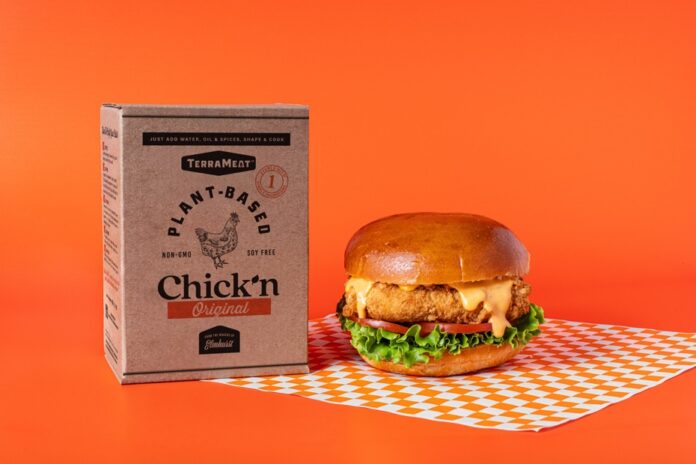
Key Takeaways:
- Social media, particularly content from influencers, has become a powerful tool for food and beverage brands to reach consumers and drive purchases.
- Consumers are prioritizing healthier options, with a strong interest in functional beverages and specific nutritional attributes like low sugar and high protein.
- While consumers value sustainability, 45% rank affordability as the most important factor in their food and beverage purchasing decisions.
Influencer content is becoming a significant driver of food and beverage purchases, according to new insights from brand elevation agency Matter, as consumers seek recipe inspiration and healthy, affordable alternatives.
The results of Matter’s survey of over 1,000 U.S. consumers reveals that 85% of consumers have discovered new products or services through social posts from friends, family, or influencers. Respondents indicated that they’re most interested in influencer content about food and beverages (29%) and health and wellness (23%), and their favorite content to engage with is recipes and how-tos (40%). Three-quarters (75%) of respondents are likely to try a viral food or beverage trend after it comes across their social feeds.
For brands that want to drive up purchases through social media, Matter recommends finding the right combination of paid and organic content alongside diverse voices and tastemakers. “Generating ‘snackable’ content that can quickly influence purchase intent is what’s really going to help brands break through the noise,” said Matt Mendolera-Schamann, Executive Vice President, Consumer PR, and Leader of Diversity and Inclusion at Matter.
In addition, healthy food and beverage options are high on the priority list. The vast majority of survey respondents (94%) consider the availability of healthier choices important when buying food and beverage products. Functional beverages, particularly those offering gut health support and electrolytes, are gaining traction. And nutritional attributes like low sugar (64%), protein-packed (58%), and low carbs (52%) rank highest in importance when grocery shopping.
Other highlights from the study include:
- Seeking sustainability: Respondents rank sustainable packaging (41%) and regenerative agriculture (20%) as most important in the sustainable space.
- Cooking at home: Consumers are far more likely to buy food in-store for at-home cooking (74%) than to dine out at restaurants (38%) on a weekly basis.
- Shopping on a budget: Nearly half of respondents (45%) say the most important attribute when buying food and beverage products is an affordable price point.
See the full results of the 2024 Food & Beverage Trends survey for more insights.

Credit: Source link





![[Guide] 5 Reasons Your Business Does or Doesn’t need an ESOP [Guide] 5 Reasons Your Business Does or Doesn’t need an ESOP](https://foodindustryexecutive.com/wp-content/uploads/2024/08/Food-Industry-Executive-696x457.png)









